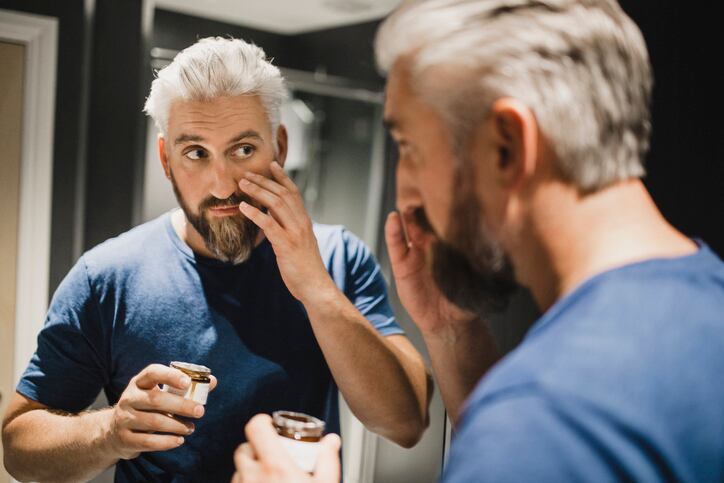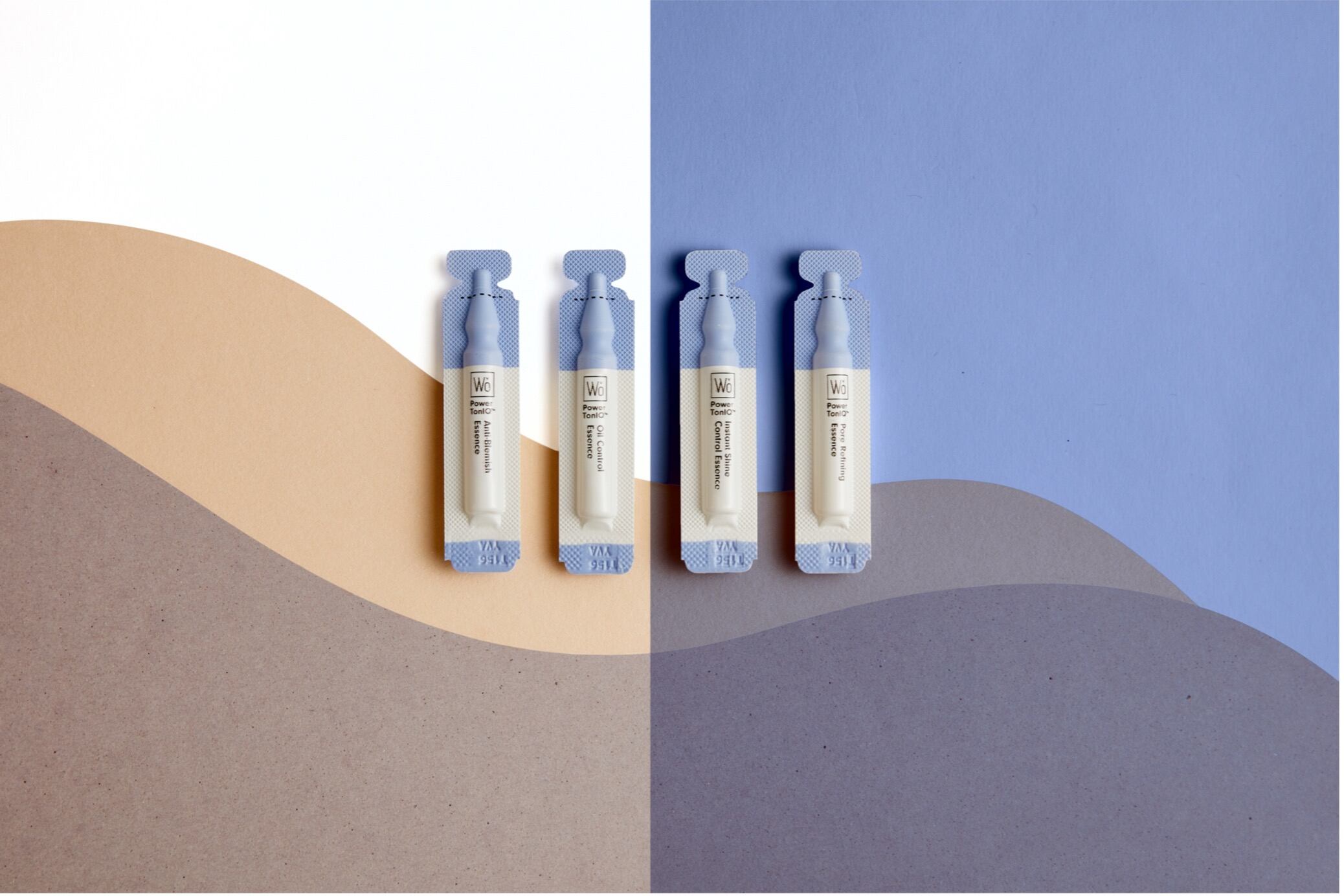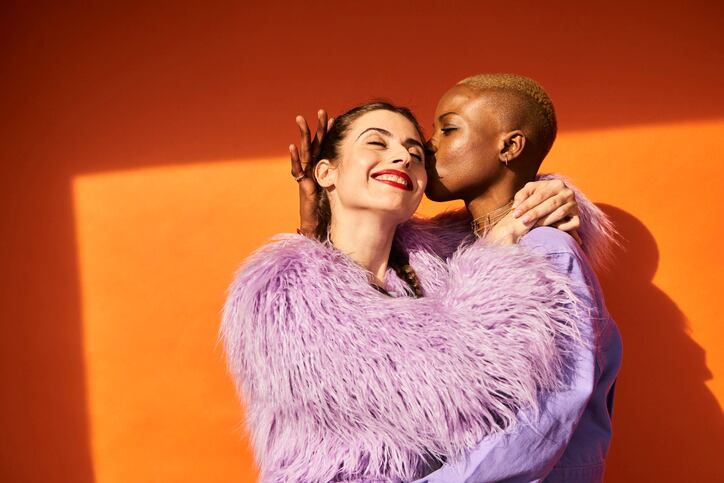Consumer insights firm GWI recently released its annual flagship report Connecting the Dots 2022 that outlined changing consumer attitudes across the globe and mapped out future trends to come, based on survey data from 700,000 interviews across 47 countries in 2021. Findings identified six key themes set to shape the consumer landscape next year: increased health awareness and action; consumers calling for authenticity; working to fulfil passions and purpose; a battle for consumer attention; crypto driving the rise of alternative personal finance; and demand for a more inclusive beauty industry.
On the latter theme, the report found that since 2018 beauty and cosmetics represented the “fastest-growing interest” amongst male consumers globally, with interest up 21% between 2018 and Q2 2021 and peaking during COVID-19 lockdowns in early 2020.
So, what exactly did this mean for the global beauty industry? CosmeticsDesign-Europe caught up with Tom Morris, trends analyst at GWI, to find out.
‘Huge surge’ in male beauty interest worldwide
“There’s this huge new audience of beauty buyers. They’re not just a typical demographic – they’re men and they’re straight men,” Morris said.
“…This huge surge in interest has to be reciprocated, fast,” he said.
Across seven core markets – France, Germany, Italy, UK and US – GWI’s report showed the number of men interested in beauty and cosmetic products had risen 3% between 2018 and Q2 2021 versus a 5% decline in interest amongst female consumers. Findings also showed that interest amongst men identifying as heterosexual rose 2% during the period.
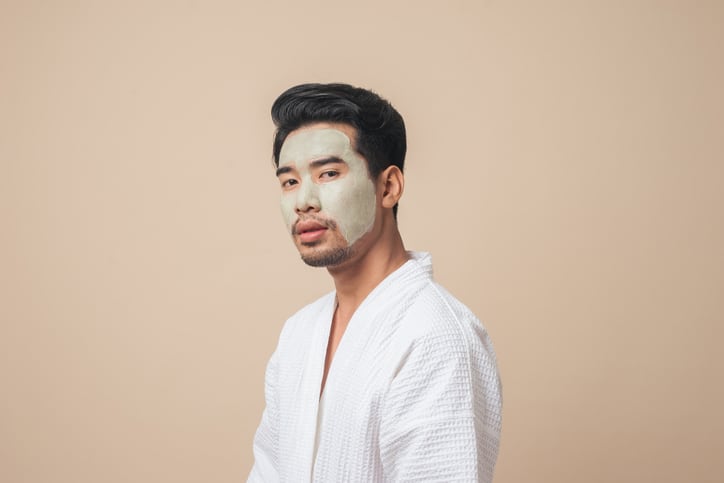
“We’ve been watching this for quite some time (…) Now we’re seeing male consumers, many heterosexual men, taking interest in beauty and cosmetics. It sparks ideas on how industry and representation needs to change,” Morris said.
What made this need to change even clearer, he said, was the drop off in engagement and purchase of beauty and cosmetic products amongst this group in the last few months.
‘Signs of stagnation’ in purchases because needs are unmet
Between Q3 2020 and Q2 2021, the percentage of heterosexual men that had purchased beauty and cosmetic products in the last month, across the seven core markets, declined from 55% to 49%. Declines were also seen amongst LGBTIQA+ consumers during the same period across the same markets, dropping from 67% to 62%. In the UK and US, purchase rates of beauty and cosmetic products amongst people of colour also dropped from 67% to 60% over the same period.
“There are signs of stagnation,” Morris said. “…What brands need to know is newcomer audiences are getting to beauty and cosmetics but they’re not having their needs met.”
Within its research, GWI also asked consumers questions around attitudes to beauty, appearance and representation, he said, and just one in five consumers globally agreed that beauty standards in society were changing for the better.
“Among these audiences, we think they need more visual representation; representation in stores or in products people buy.” Over one-third of global respondents, for example, would like to see more models looking like ‘regular’ people and one in four wanted more diversity in advertising, Morris said. “There’s this genuine need to see more representation of themselves.”
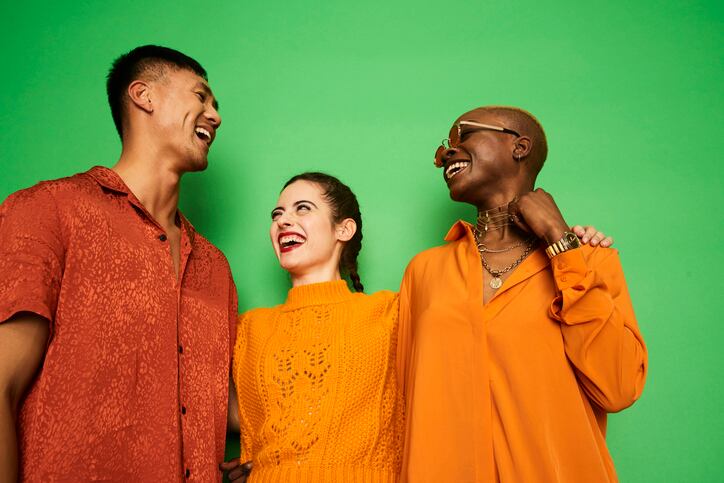
And whilst the beauty and cosmetics industry had made great strides in championing diversity, with some large-scale brand changes like Unilever removing the word ‘normal’ from its packaging and ads and challenger brands like Rihanna’s Fenty Beauty bursting onto the scene to cater to all skin types and tones, Morris said efforts had to continue.
The ‘male groom boom’ isn’t going away
“We’re not necessarily seeing beauty and cosmetics as something a very specific audience would use anymore. We may have, in the past, seen female audiences as an endemic demographic of the beauty industry, but what we’re definitely seeing, faster since COVID, is newcomer audiences, males if you will.
“I think the main takeaway from this is that this is now a widespread interest and field,” he said.
Whilst there had been recent, small declines in interest and purchase rates amongst males in the beauty and cosmetics space, Morris said the drop-off rate wasn’t significant and the “male groom boom” trend wasn’t set to go away any time soon.
For industry in the short-term, therefore, he said actions should be taken to drive representation for this group, and others; set more realistic beauty standards; and invest in unisex or genderless innovation. Long-term, Morris said industry had to consider inclusivity when hiring staff – so that employees on the shop floor reflected the diversity of consumers and beauty professionals offering treatments did the same.
“Consumers expect a lot of this. It’s not just in beauty, but it’s definitely necessary in this space,” he said.

